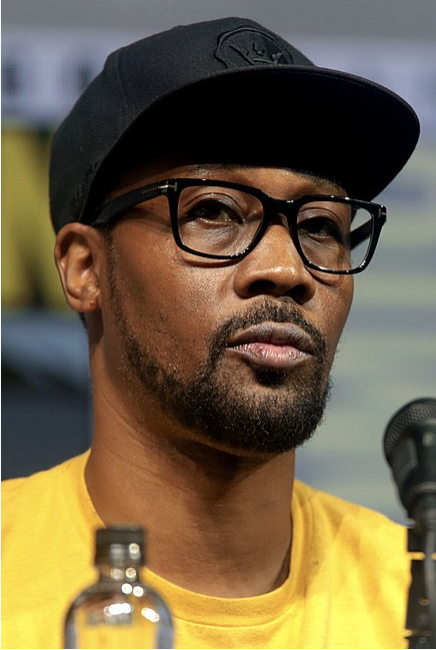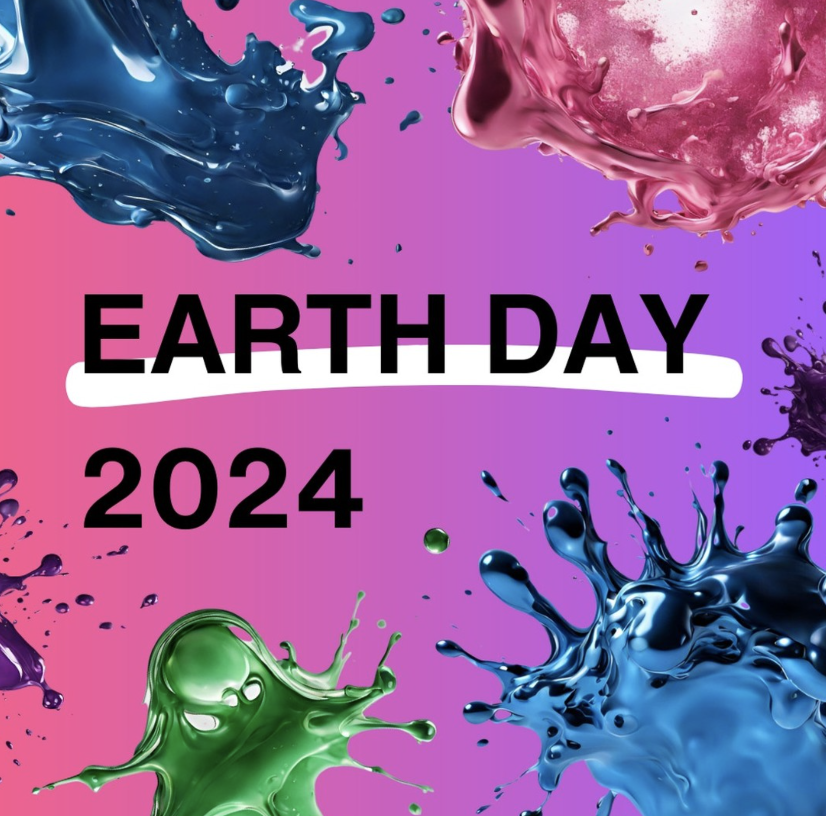Hey climate heroes! Welcome to The Climate Roundup, where we round up the change, er the news about climate and the environment. As part of the Gen E community, we thank you for making climate action part of everyday life. (Reading this newsletter counts!)
Sign up for The Climate Roundup weekly newsletter here
In Pop Culture:
The End We Start From is the latest cli-fi movie to hit theaters, and it’s a story of new motherhood and survival in a flooded London. Jodie Comer stars in the film, and if that’s not enticing enough, there’s also some Benedict Cumberbatch screentime. If you go see it, tell us what you think!
GETTING DOWN TO CLIMATE BUSINESS:
🥳 You may recall from two weeks ago that we brought up a story about the Energy Department’s potential decision to delay the greenlighting of new liquified natural gas (LNG) export projects in order to weigh the impact on the climate before determining if the project is in ‘the public interest’. Well, in what is being seen as a huge win for environmentalists, the White House announced this week that indeed, all new LNG export permitting is paused. Crucially, this means that the hotly contested Louisiana facility, called CP2, which was to be our country’s largest LNG export terminal, is stalled. In light of this news, climate activists canceled a days-long protest scheduled to fight against that very project. Though an absolute end to new LNG projects in the US is not yet fully in the bag, this is a hugely significant step towards a clean energy future. OG environmentalist Bill McKibben’s reaction sums it up: “Um, I think we all just won”.
🏚 This week, the Biden Administration also announced new reforms to FEMA’s disaster assistance program, which will make it easier for Americans impacted by disaster to get funds and resources faster. The annual number of disasters that cause at least $1B in damages each has increased. In the 43 years since 1980, we saw an annual average of 8.5 of these disastrous events. In 2023, there were 28. Unsurprisingly, we’ve also seen private insurance companies pull out of disaster-prone markets entirely – they’ve done their climate risk analyses and it’s simply not in their interest to service the high-risk areas that continually get pummeled by floods or fires. This shifts the financial burden onto our federal government, which means taxpayers will increasingly foot the bill for disaster relief and cleanup. And those bills will keep piling up as climate change continues to fuel more and more extreme weather events. Perhaps this is a good story to tell that tax-hating, climate-neutral-to-denier person in your orbit. Stop the warming to reduce the disasters to lessen the tax burden that pays for the damage and loss funding. Boom.
📱 Our homes are gold mines. Or at least rare earth mines that could play a huge role in meeting our needs for the clean energy transition while drastically reducing the burden of mining for new materials. A new study “estimates that reusing or recycling rare earth metals from old cellphones, hard drives, electric motors and turbines could meet as much as 40 percent of the demand for the metals in the United States, China and Europe by 2050.” 40%! Now all we need to do is collect all those unused gadgets from the individual junk drawers of ~130M US households, sort them, process them, and retrieve the embedded metals. NBD.
⛴ SF-based fintech company Stripe, is piloting a new way for its employees to commute to work in the Bay Area: by electric water taxi. Emphasis on ‘piloting’, as the service includes just one 6-passenger boat, but the maker of said e-boat, Navier, hopes to scale services and upgrade to a 30 person ferry if all goes well. The obvious benefits here would be taking cars off the road and making the work commute clean and pleasant.
✍️ Last year’s approval of the Willow Project, a decades-long oil drilling project in Alaska helmed by ConcoPhillips, will forever be marked as a stain on the Biden presidency. Now, ConocoPhillips has received approval to explore another area of the Arctic for more oil and gas. If this pisses you off, take a minute and sign this petition from our friends at NRDC, and let your voice be heard that we want an end to fossil fuel extraction in the pristine Alaskan wilderness.
Some Stats:
1%: CURRENT SHARE OF RARE EARTH MINERALS RECOVERED AND REUSED FROM OLD PRODUCTS (NYTIMES)
40%: CHINA’S ECONOMIC GROWTH FROM CLEAN ENERGY IN 2023 (CREA)
The Problem With Cruises Is Cruises
The Buffalo Wild Wings buffalo knows what’s up on the topic of cruises (bourbon barbeque wiiiiings) 🎶
8,000 people, 40 restaurants and bars, 8 different neighborhoods, 7 pools, 6 waterslides. No, we’re not talking about a small city here. We’re talking about a frickin cruise ship. Sounds like the worst. I should mention-I am not a fan of the cruise. But, to each their own mode of vacation…
Positioned as a more ‘sustainable’ ship, Royal Caribbean’s new Icon of the Seas uses LNG as fuel (cleaner than other fuels, but not at all clean), can plug in to a port’s electric grid, employs new tech that turns waste into energy, and has a state of the art water treatment system. But despite all that, cruises are still bad for the environment. A 2021 study finds cruises to be a “major source of air, water (fresh and marine) and land pollution affecting fragile habitats, areas and species, and a potential source of physical and mental human health risks”. Another analysis cited in Bloomberg, found that when comparing the impact of someone taking ‘the most efficient cruise line’ vs taking a round-trip flight and staying in a 4-star hotel, the cruise loses- it generates double the emissions. Not to mention it kinda feels like a floating prison. So is this new generation of cruise ship better? You decide.

